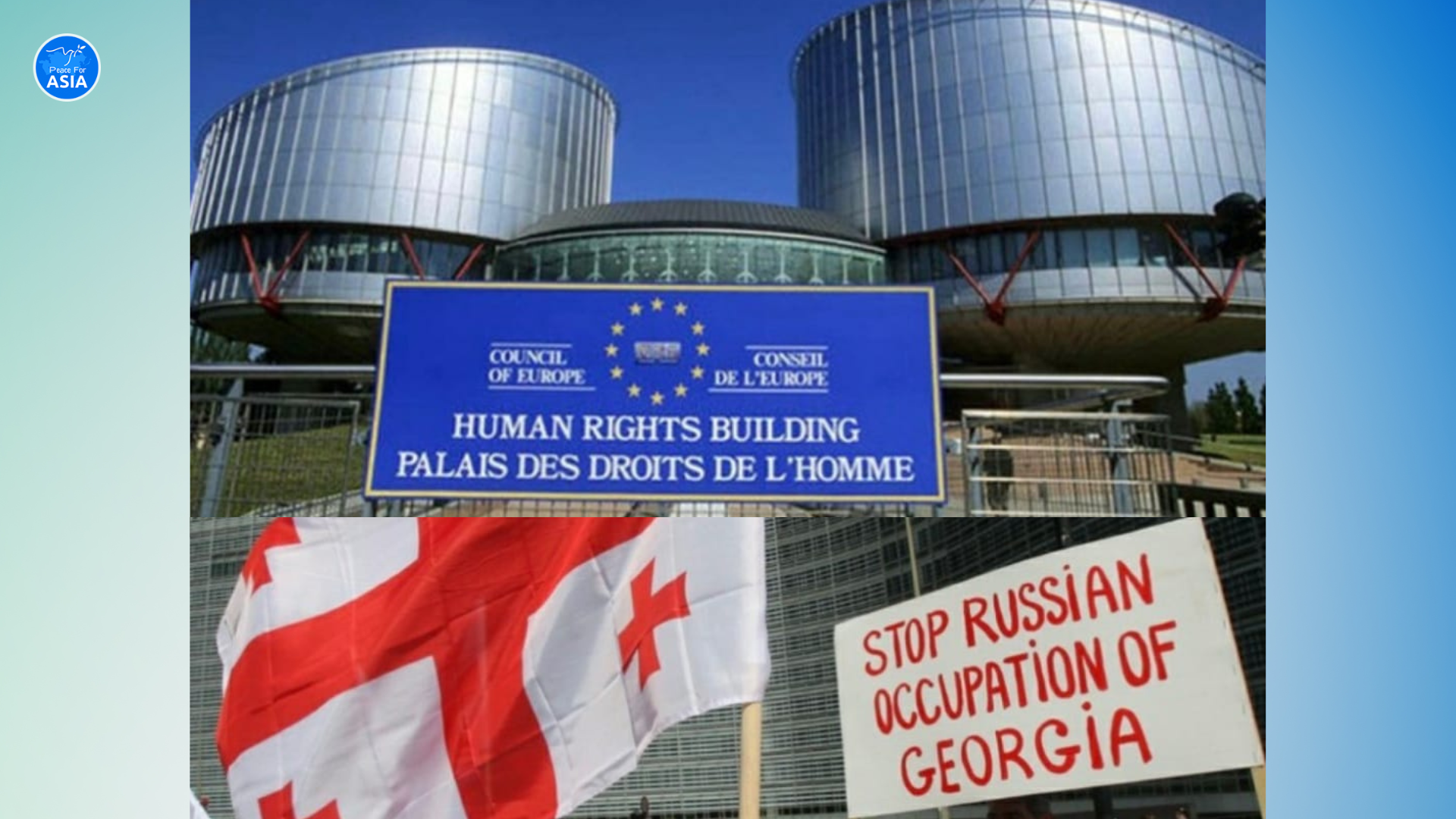Within the intricate web of international geopolitics and human rights, the European Court of Human Rights (ECHR) has consistently played a pivotal role in holding nations accountable for their actions. A landmark ruling by the ECHR, the case of “Mamasakhlisi and Others v. Georgia and Russia,” delves deep into Russia’s intervention in Georgia, particularly scrutinizing Russia’s decisive support for separatist regimes that sought to destabilize and divide the nation. This blog post explores the critical findings of the ECHR in this case, emphasizing Russia’s interventionist strategies and their broader implications for the region and international relations.
Russia’s Role in Substantially Supporting Separatist Regimes in Georgia
To grasp the gravity of the ECHR’s ruling, we must first delve into the complex history of Georgia’s relationship with its regions, notably Abkhazia and South Ossetia. Russia’s involvement in these regions can be traced back to the early 1990s when tensions escalated against the Government of Georgia. While the ECHR primarily examined events from August 2001 to July 2007 in Abkhazia region.
One of the key aspects scrutinized by the ECHR was Russia’s military involvement in these separatist regions. The evidence indicated substantial support, including the provision of weapons and personnel. The Court’s conclusion was unequivocal: without Russia’s military aid, the pro-separatist forces would not have achieved victory. This finding underscores the destabilizing impact of external intervention in a sovereign nation’s affairs.
Beyond military support, the ECHR meticulously examined Russia’s political and economic influence in these regions. Russia implemented a policy of “passportization,” effectively granting Russian nationality to residents of Abkhazia and South Ossetia regions of Georgia. This strategic move not only influenced their political affiliation but also allowed them to participate in Russian political processes and travel to Russia freely. Furthermore, the Russian ruble was adopted as the official currency in these regions, solidifying their economic ties to Russia. The appointment of Russian officials to key positions within these separatist governments served as a stark factor of Moscow’s political influence.
During the period under examination, Abkhazia and South Ossetia regions’ very survival was heavily dependent on Russia’s political, economic, and military support. This sustained intervention created a situation in which Russia effectively exercised control and wielded decisive influence over these territories. As a consequence, the ECHR ruled that the matters complained of in the Abkhazia region, unequivocally fell within Russia’s jurisdiction under Article 1 of the Convention.
Destabilization and Responsibility
The implications of this case are far-reaching and extend beyond the context of Georgia. It serves as a stark reminder of the destabilizing consequences that external intervention can have in separatist conflicts, with powerful nations backing secessionist movements for their geopolitical interests. This landmark ruling serves as a resounding confirmation of Russia’s continuous control over the breakaway regions of Georgia and its deliberate activities, which ultimately culminated in Russia’s unprovoked and unjustified full-scale invasion and war in Georgia in 2008 (see, Georgia v Russia (II)). The Court’s findings, rooted in a meticulous examination of Russia’s military involvement, political maneuvering, and economic influence in Abkhazia, paint a clear picture of a nation actively destabilizing and dividing Georgia since the early 1990s. This judgment exposes a pattern of behavior wherein Russia exploits internal tensions to exert control and influence over neighboring nations, a policy that has been disturbingly echoed in the ongoing conflict in Ukraine.
Lessons Learned and the Shifting Geopolitical Landscape
This landmark judgment, confirming Russia’s control over separatist regimes in the early 1990s after almost three decades of speculation, underscores the essential role of international law in establishing historical truths. Russia’s interventions in regions of Georgia during the 1990s set a troubling precedent, creating a pattern where internal tensions were artificially created to serve geopolitical interests, ultimately leading to the destabilization and division of sovereign nations. This pattern of behavior, witnessed in Georgia, now resonates in the ongoing conflict in Ukraine, which bears striking similarities to the events in Georgia. Russia’s intervention in Crimea and eastern Ukraine, its provision of military support to separatist groups, and its manipulation of political and economic levers all point to a familiar playbook. The case of Abkhazia offers a lens through which we can better understand the dynamics at play in Ukraine.
As we navigate the complex geopolitical landscape of the 21st century, it is imperative that the international community remains vigilant. The lessons drawn from the Mamasakhlisi case emphasize the need for robust diplomatic efforts to prevent potential aggression from states like Russia right from the outset by analyzing the pattern of behavior in the region (which unfortunately was neglected by the international community in the Georgian context). It also reinforces the critical role of international institutions, such as the European Court of Human Rights, in holding nations accountable for their actions and upholding the principles of justice and human rights.
Image – Authors own

